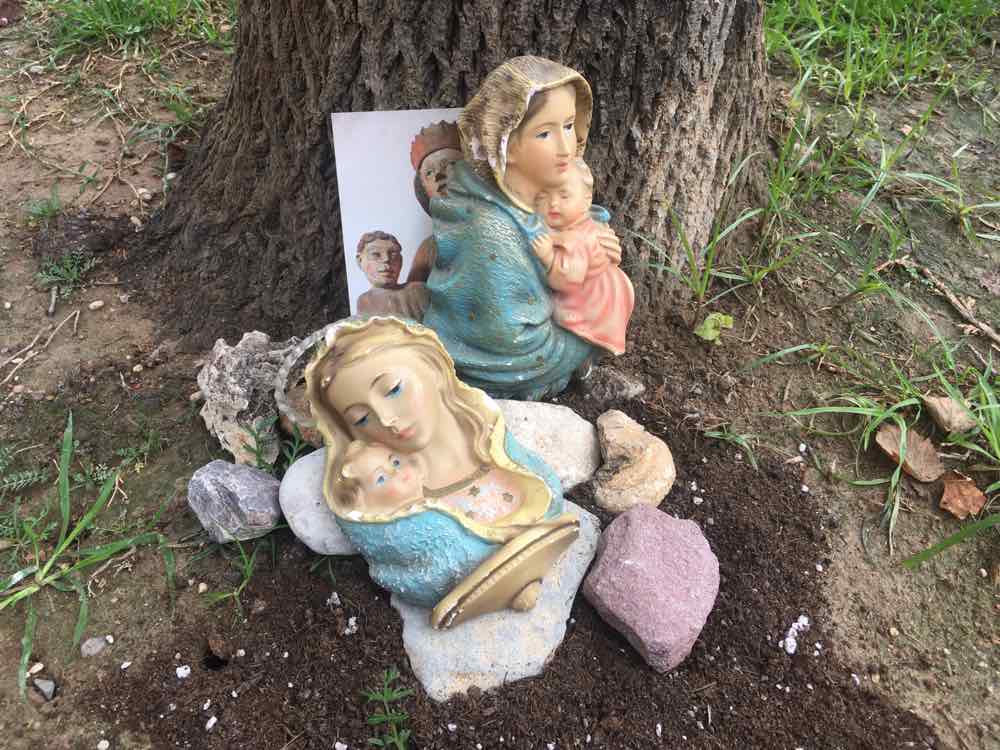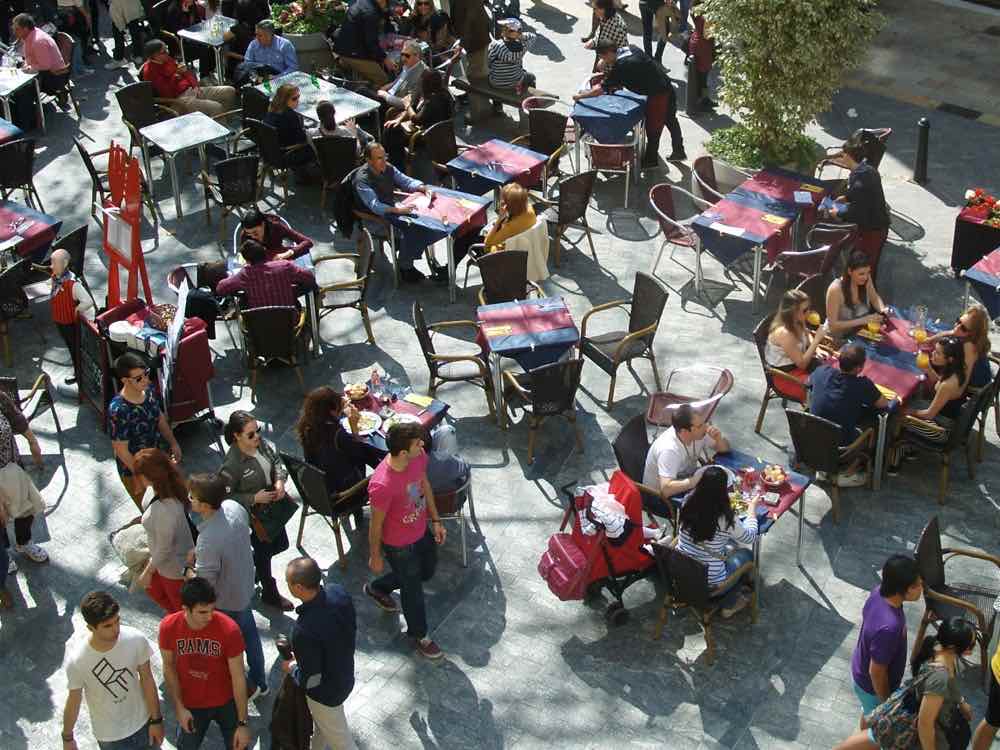INTERVIEW WITH THE MAYOR
European and local elections are two powerful opportunities to influence the path of politics in Valencia. Today’s themes such as quality of everyday life and climate change affect individual livelihoods and future generations.
A possibility to vote is presented for many expats in Valencia during May 2019. This is an opportunity to hear the mayor’s opinion on a range of topics.


